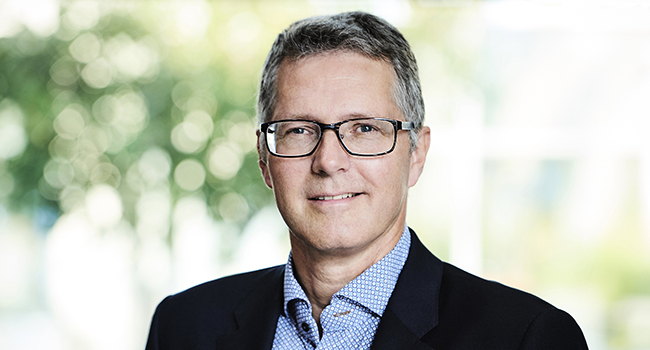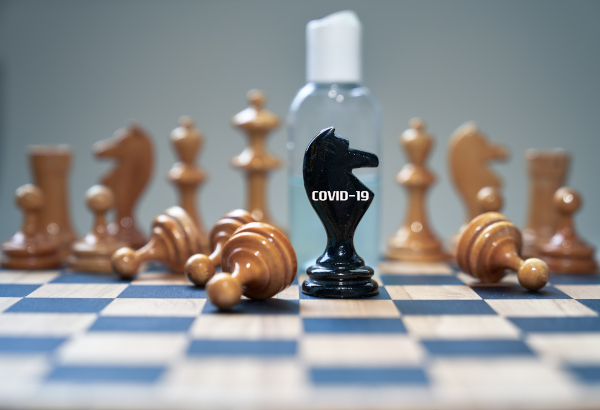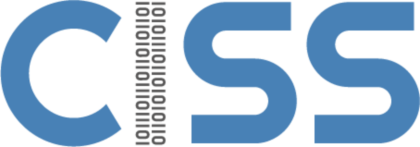Researchers to play chess against Corona: This will happen when society is reopened
Researchers at Aalborg University will contribute to developing a decision-support system that authorities can use in relation to the reopening of Denmark. The project, funded by the Poul Due Jensen Foundation (the Grundfos Foundation), utilizes a well-established method where the researchers, colloquially speaking, play chess against the Corona virus and offer their proposals of which measures should be carried out at different points in time.
Many Danes are waiting impatiently at home, fidgeting to know when and how our society will be reopened. In the coming weeks, researchers from Aalborg University will work on offering their educated guesses on when and how this should be done.
This is the scope of a new project funded by the Poul Due Jensen Foundation. The project is to complement an already-ongoing collaboration in which researchers from Aalborg University and DTU have received a grant from the Novo Nordisk Foundation for developing a decision-support tool for the authorities.
In the new project, the researchers will utilize the same underlying data basis, but use a different method in which they will, colloquially speaking, “play chess” against the Corona virus. The models will be drawn up in the UPPAAL system, which has been developed at the Department of Computer Science, Aalborg University, over the course of the last 25 years, and which has, among other things, been used for intelligent traffic and heating regulation.

According to originator and project head, Professor Kim Guldstrand Larsen, using UPPAAL in the current situation is an obvious choice, as this will enable a more direct modelling of temporary relaxations of constraints or reopenings.
– As computer scientists, we are partial to states and changes of states. And this is basically what we are talking about, when we open and shut down parts of society from one day to the next. Just like in a game of chess, this tool allows us to try out different moves and the connections between them – and then we need to be able to predict every outcome imaginable, says Kim Guldstrand Larsen and adds that he hopes the new project may serve to improve the models developed in the Novo Nordisk project, especially with regards to sudden changes (reopening schools, etc.) and uncertainties.
Strongest calculation muscles put to work
The computer scientists will be playing a game in which the pieces are made of for instance bed capacity and the access to protective equipment and respirators, and a corresponding long list of preventative measures, such as partial closing and reopening of society and isolation of vulnerable groups.
The mass of data is complex, and as such the researchers will draw on AAU’s super computer that applies massive parallelism to enable simulation of highly complex scenarios. All with one single purpose: To get us through the crisis as fast as possible, but in such a way that the health system is able to keep up.
– We hope to be able to offer the authorities a significantly better basis for making their decisions on which measures should be implemented at which point in time, based on the data that are continually being gathered. In comparison with current models being used, far more conditions and measures will be continuously added, says Kim Guldstrand Larsen.
The researchers have a total of six months for the projects and will be continuously making their results available to the authorities.
Further information
The BEO-COVID project has received a grant of DKK 1.2 mill from the Poul Due Jensen Foundation.
In the project, researchers from the Department of Computer Science at Aalborg University collaborate with colleagues from the Department of Electronic Systems. The project will be coordinated with the concurrent Novo Nordisk project.

Listen to Kim Guldstrand Larsen’s radio interviews on the project (in Danish):
P4 Nordjylland (from 35 min.)
P4 Midtvest (from 01.12 min.)
Read news article in Jyllands-Posten (in Danish, only for subscribers)
45 forskere smed, hvad de havde i hænderne, for Danmarks skyld
